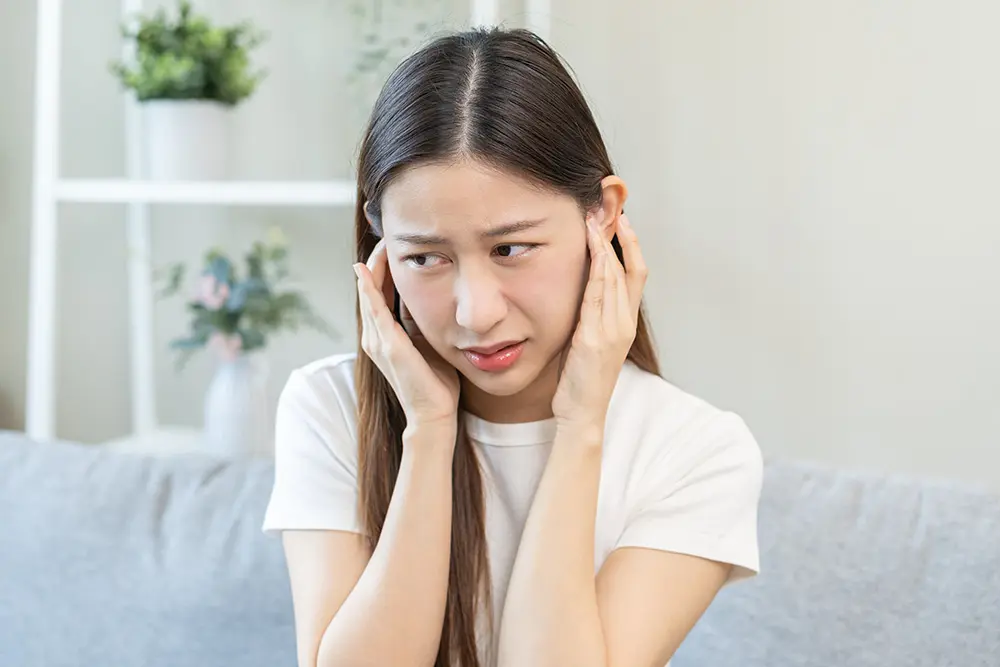They Told Me I Have Tinnitus, but My Ears Aren’t Ringing
Tinnitus is commonly described as a ringing in the ears, but it’s actually the perception of sound that isn’t present in the external environment.
While many people experience it as a ringing noise, others hear different sounds, such as pulsing, whooshing, clicking, or crackling. If you’re noticing any of these noises for several days or more, you may be experiencing tinnitus.

Is Tinnitus Something to Worry About?
In most cases, tinnitus isn’t a serious condition. However, a sudden onset of ringing in your ears could signal changes in blood pressure or other health concerns. Typically, tinnitus resolves within a few hours, but persistent symptoms should be evaluated by a specialist.
Can Vitamins Cure Tinnitus?
While some studies suggest a link between vitamin deficiencies, such as low levels of B12 or zinc, and tinnitus, there’s no scientific evidence to support claims that vitamins can cure the condition. Unfortunately, there’s currently no known cure for tinnitus. Most treatments aim to either mask the noise or make it less noticeable.
What Treatments Can Help Reduce Tinnitus?
Effective tinnitus treatments often focus on managing the symptoms and reducing the impact of the noise. Common options include:
- Hearing Aids: Amplify external sounds to make tinnitus less noticeable.
- Maskers: Devices that produce soothing sounds to cover the tinnitus.
- Cognitive Behavioral Therapy (CBT): Helps change your response to tinnitus, reducing its psychological impact.
- Tinnitus Retraining Therapy (TRT): Combines sound therapy with counseling to help you adapt to the noise.
Think you might have tinnitus? Call or text us to schedule an evaluation and see if a hearing aid could help: 725-217-4549.
